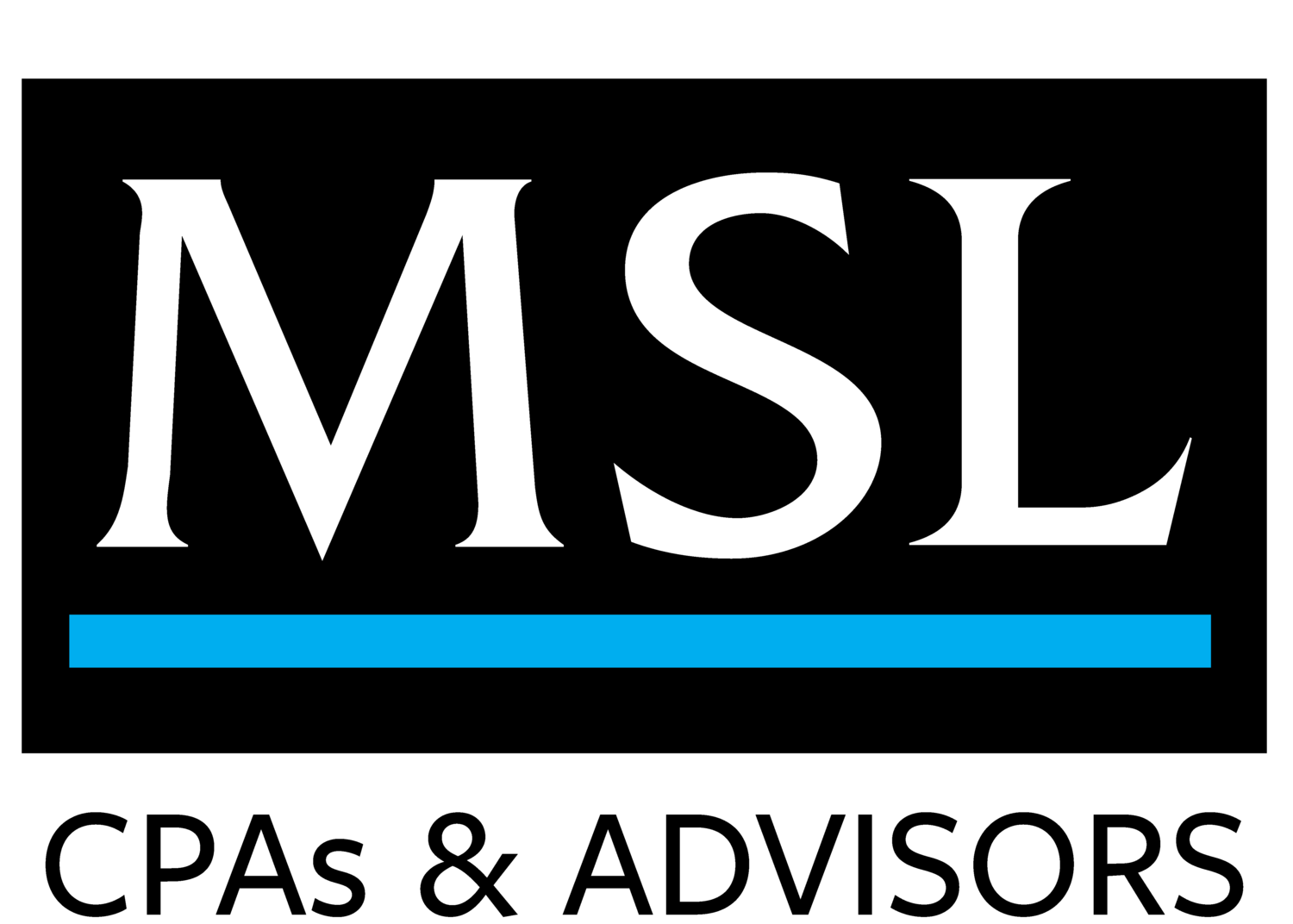Employee Benefit Plans Update
/New Correction Fees for the Voluntary Correction Program (VCP)
Currently, there are three programs for correcting retirement plan errors with the IRS; the main two programs are the Self-Correction Program (SCP) and the Voluntary Correction Program (VCP).
Under the SCP you can self-correct an insignificant operational error at any time to preserve the tax-favored status of your plan. An operational error occurs when you don't follow the written terms of the plan. Even when the operational error is significant, you may still be able to self-correct if action is taken in a timely manner. Generally, the SCP permits plan sponsors to correct significant operational failures within two years of the year in which the failure occurred, provided the other requirements of the SCP are satisfied.
Plan sponsors may use VCP to correct operational errors, plan document errors, employer eligibility errors, or demographic errors. To use this program, the plan sponsor voluntarily discloses the error(s) to the IRS. The plan sponsor must also submit a proposed correction method and pay a correction fee.
Most VCP submissions made in 2018 are subject to a new simplified fee structure based solely upon the amount of total net assets in the retirement plan.
Previously, user fees for a VCP submission ranged from $500 to $15,000, based on the total number of participants in the plan and offered a handful of alternative or reduced fees for certain types of standardized corrections, such as plan loan failures. The new fee structure is a simpler three-tier system ranging from $1,500 to $3,500 based solely on net plan assets (as shown on the most recently filed Form 5500, or if Form 5500 is not required, net plan assets as of the end of the most recent plan year), as follows:
If you have any questions or would like to receive more information, please contact Nate Davenport, CPA: ndavenport@mslcpa.com, 407.740.5400.








